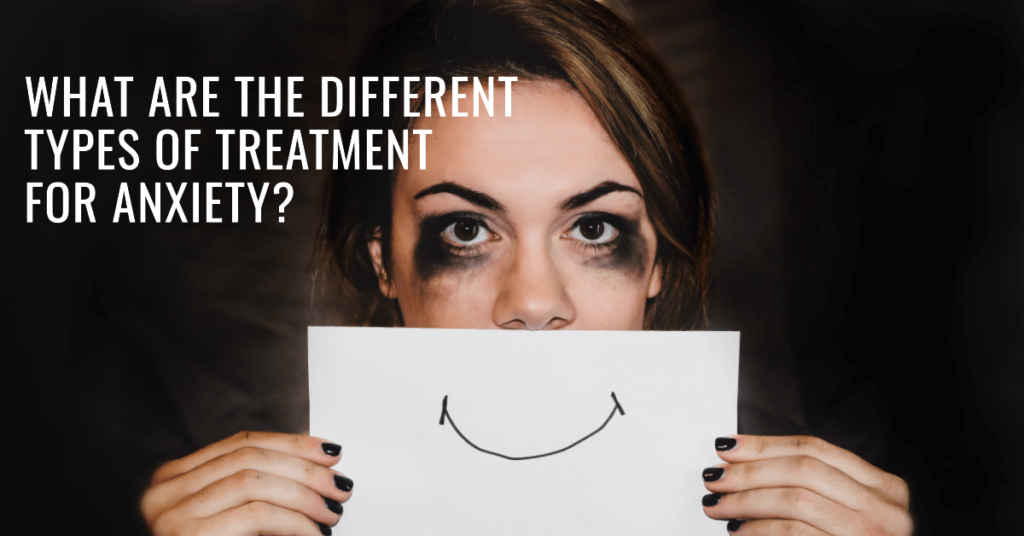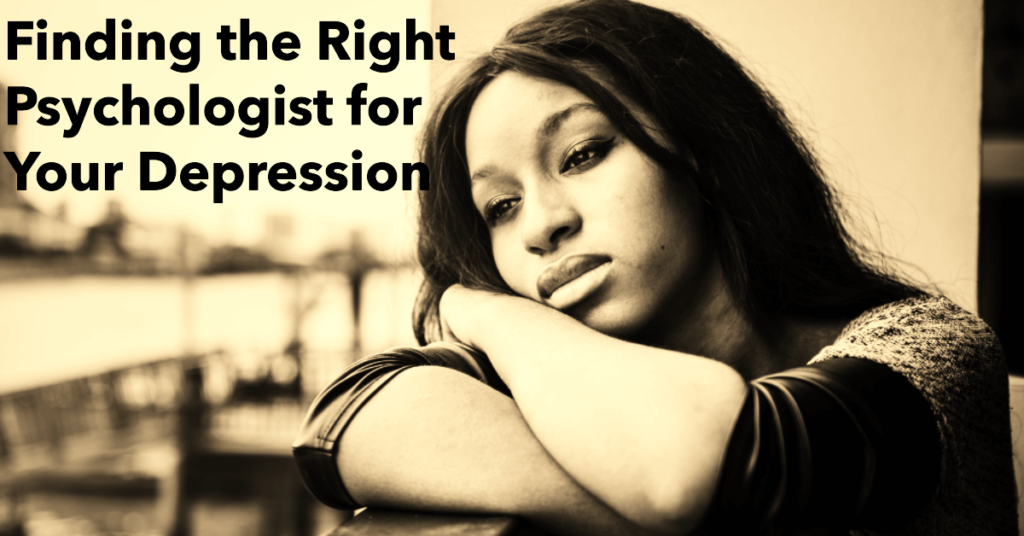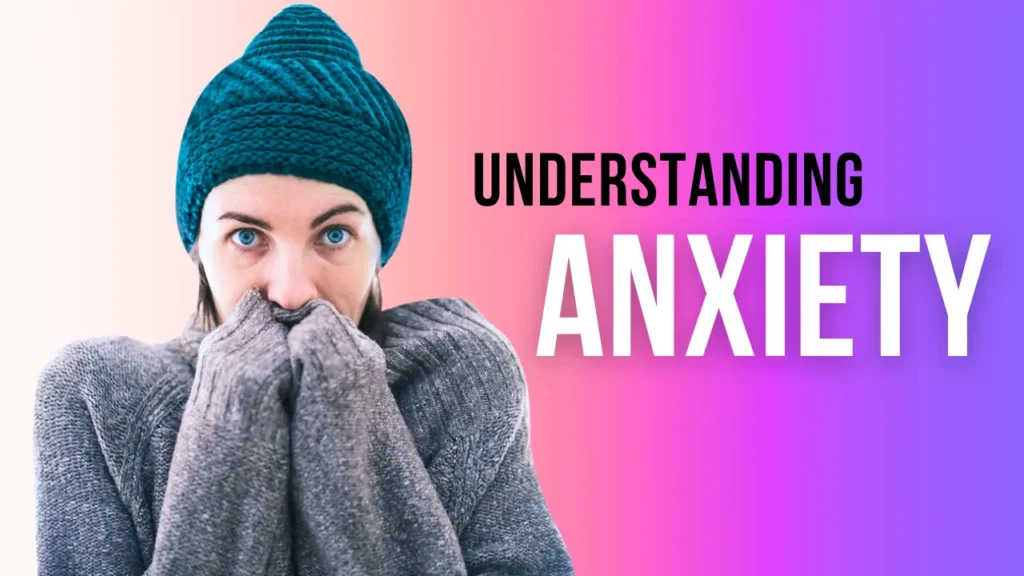
There are many different types of treatment for anxiety. Anxiety is a common mental health condition that affects millions of people worldwide. According to the World Health Organization (WHO), anxiety disorders are the most common mental health disorders, with an estimated 264 million people worldwide affected by anxiety. Anxiety can affect anyone regardless of age, gender, or social status, and it can interfere with daily activities and quality of life.
The good news is that anxiety is treatable, and many treatment programs are available to help individuals manage their symptoms. In this article, we will explore different treatment programs for anxiety, how to choose the right treatment program, overcome barriers to treatment, and maintain treatment success.
Understanding Anxiety
Anxiety is a broad term that covers several types of disorders, including generalized anxiety disorder, panic disorder, social anxiety disorder, and specific phobias. The symptoms of anxiety can vary from person to person, but common symptoms include excessive worry, restlessness, fatigue, difficulty concentrating, irritability, muscle tension, and sleep disturbances.
Several factors can contribute to the development of anxiety, including genetics, brain chemistry, life experiences, and environmental factors. Understanding the causes and symptoms of anxiety is an important first step in finding the right treatment program.
Exploring Treatment Programs for Anxiety
There are several treatment programs available to help individuals manage their anxiety. The most common treatment programs include medication, psychotherapy, cognitive-behavioral therapy (CBT), exposure therapy, mindfulness-based therapies, and alternative therapies.
Medications for Anxiety
Medications are often used to manage anxiety symptoms. Some common medications include benzodiazepines, selective serotonin reuptake inhibitors (SSRIs), and serotonin-norepinephrine reuptake inhibitors (SNRIs). These medications can be effective in reducing symptoms, but they also have potential side effects, such as drowsiness, dizziness, and dry mouth.
Psychotherapy for Anxiety
Psychotherapy is a common treatment program for anxiety that involves talking with a mental health professional. Several types of psychotherapy can be effective in treating anxiety, including cognitive therapy, behavioral therapy, and psychodynamic therapy. Psychotherapy can help individuals understand their anxiety, develop coping skills, and identify triggers that can worsen their symptoms.
Cognitive-behavioral Therapy (CBT) for Anxiety
CBT is a type of psychotherapy that focuses on changing negative thoughts and behaviours that contribute to anxiety. This therapy involves identifying negative thoughts, challenging them, and replacing them with positive, realistic thoughts. CBT can help individuals learn how to manage their anxiety and reduce the frequency and intensity of their symptoms.
Exposure Therapy for Anxiety
Exposure therapy is a type of CBT that involves gradually exposing individuals to their fears and anxiety triggers in a safe and controlled environment. This therapy can help individuals learn how to manage their anxiety and reduce their fear response.
Mindfulness-Based Therapies for Anxiety
Mindfulness-based therapies, such as mindfulness-based stress reduction (MBSR) and mindfulness-based cognitive therapy (MBCT), can be effective in managing anxiety. These therapies involve developing a non-judgmental awareness of the present moment and focusing on breathing and other body sensations. Mindfulness-based therapies can help individuals learn how to manage their anxiety and reduce their stress response.
Choosing the Right Treatment Program
Dealing with anxiety can be a challenging process, and it is essential to consider several factors when selecting a program. The first step is to consult with a healthcare provider to determine the best treatment approach for your individual needs. Your healthcare provider (i.e. psychologist/psychiatrist) can help you determine which treatment program will work best for you and develop a personalized treatment plan.
Factors to consider when choosing a treatment program for anxiety include the severity of your symptoms, your personal preferences, and any potential side effects or risks associated with the treatment program. It is also important to consider the cost of the treatment program and whether it is covered by insurance.
Overcoming Barriers to Treatment
There are several barriers to seeking treatment for anxiety, including stigma, lack of awareness, and financial barriers. Overcoming these barriers can be challenging, but several strategies can help.
The first step in overcoming barriers to treatment is to recognize that anxiety is a common condition that can affect anyone. Seeking help for anxiety is a sign of strength, not weakness. Talking with family and friends about your anxiety can also help reduce the stigma surrounding mental health conditions and help you feel more comfortable seeking treatment.
Financial barriers can also be a significant obstacle to accessing treatment for anxiety. Several resources are available to help individuals find affordable or free treatment options, including community mental health clinics, online therapy platforms, and non-profit organizations.
Maintaining Treatment Success
Maintaining treatment success is an ongoing process, and it is essential to continue treatment and follow-up care even after your symptoms have improved. Self-care strategies, such as exercise, healthy eating, and stress management, can also help you manage your anxiety and prevent relapse.
It is also important to be aware of potential triggers that can worsen your anxiety symptoms and develop a plan for managing them. Regular communication with your healthcare provider (Psychologist/psychiatrist) can also help ensure that your treatment plan is effective and that you are receiving the appropriate level of care.
Conclusion
Anxiety can be a challenging condition to manage, but several treatment programs are available to help individuals reduce their symptoms and improve their overall quality of life. It is essential to understand the causes and symptoms of anxiety, explore different treatment programs, choose the right treatment program for your individual needs, overcome barriers to treatment, and maintain treatment success. Remember, seeking help for anxiety is a sign of strength, and you are not alone. If you or someone you know is struggling with anxiety, reach out to a healthcare provider or mental health professional to discuss your treatment options. With the right treatment and support, it is possible to manage your anxiety and live a fulfilling life





